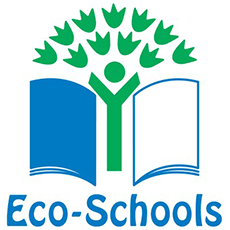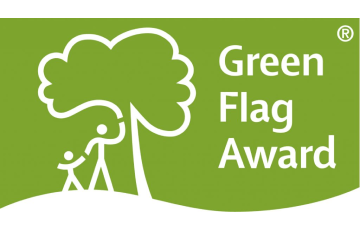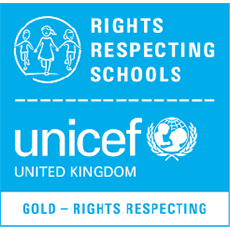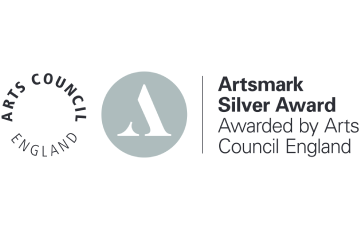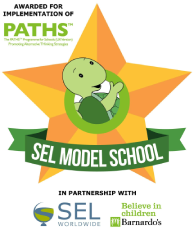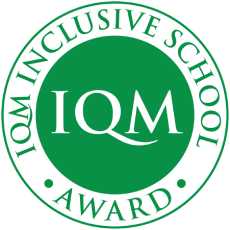Design Technology
A curriculum designed for Lyme Community Primary School
DESIGN TECHNOLOGY
Our vision
My name is Mrs. McDermott and I am the leader of Design Technology in our school. Our Design Technology curriculum enables our children to draw on their maths, science, engineering, computing and art skills and apply them in a different context. Risk-taking is integral to DT which supports our children in becoming resourceful, innovative and enterprising. Through their primary Design Technology journey, we aim to inspire our children to develop their knowledge and skills while challenging them to develop their critical thinking in making a finished product which they are proud of.
Intent
At Lyme Community Primary School, we understand the importance of Design Technology in allowing our pupils to solve problems, think creatively and develop ideas.
Throughout their time at Lyme Community Primary School children are provided with a variety of fun, relevant and exciting topic based experiences which enhance their natural desire to explore designs, materials and structures. We aim to support our children to:
*Develop their design and making skills.
*Work individually and collaborate with others.
*Evaluate their own, and others, products.
*Be creative and imaginative to solve practical problems in a range of different contexts.
*Learn about nutrition, eating healthily and how to cook a variety of meals.
Design and Technology is an exciting practical area of learning which challenges all pupils. The subject engages all learners by challenging them to invent, listen, negotiate, plan and develop their ideas both independently and as part of wider groups. The children learn how to take risks, becoming creative, resourceful, and innovative, citizens capable of expressing their ideas and sharing their thoughts with others.
Pupils in Early Years are given the freedom to make and explore with regular provision for model making and building using an abundance of ever changing materials provided to inspire inventiveness. There is an emphasis on independence and self-initiated learning, which enables foundation stage children to freely explore resources and pursue their own creative interests and talents. To deepen learning, children are encouraged to talk about their choices and to evaluate and make changes accordingly, be it while making a box model, construction or building with blocks in the outside area. As they move from Nursery and Reception, skills are taught more explicitly in order to prepare them for Year 1.
Implementation
Following the National Curriculum as a basis, a half term is dedicated to teaching Design Technology every term (3 terms per year group). This condensed approach allows the children to aquire the breadth of knowledge and skills required whilst at the same time deepen their understanding. We have adopted Kapow as a scheme as it specific in its skills and knowledge progression with assessment activities built in. The scheme also provides staff with specialist subject development through teaching videos and support. Our personalised long term plans have been devised to ensure that topics systematically build on previous learning, giving the pupils the opportunity to apply their previous knowledge and skills; each with a 'key learning question' to carry out a baseline and end point assessment to measure progress.
Wider curriculum
Linked to Science, an annual STEM week is planned to further nurture the pupil's interests and talents and to allow for enterprise opportunities.
Through assemblies, famous creators are introduced to the children to demonstrate how the how the skills taught in their Design Technology lessons can support their future aspirations.
Impact
We use the following to assess the achievement of our pupils:
Formative assessment
*Retrieval based learning activities
*Use of knowledge mats
*Open questionning
Summative assessment
*Exit tasks e.g. quizzes, answering the key learning question
*Evaluations
*Pupil voice interviews with the subject leader
In Early Years, children are assessed against the EYFS age related criteria within the strand of Expressive Arts and Design, though aspects of creativity and inventiveness can be seen in all areas of early years provision.
At KS1 & 2 we use the Kapow scheme and assess through knowledge catchers and quizzes at the end of each unit to contribute towards judging against the National Curriculum objective statements to monitor individual pupil progress against the key stage expectations. The system assesses pupil progress against age appropriate descriptors; this enables teachers to monitor which pupils are working towards their age related expectations and who may be exceeding these goals. This information is then used to inform curriculum planning outlining how additional support or challenge can be provided in order to meet the needs of our pupils. This information is also used by teachers when reporting to parents.
Useful links
https://littlebinsforlittlehands.com/easy-simple-stem-activities-challenges/
https://www.sciencebuddies.org/stem-activities
https://www.stem.org.uk/resources/collection/2892/designing-key-stage-one
https://www.stem.org.uk/resources/collection/2897/designing-key-stage-two




